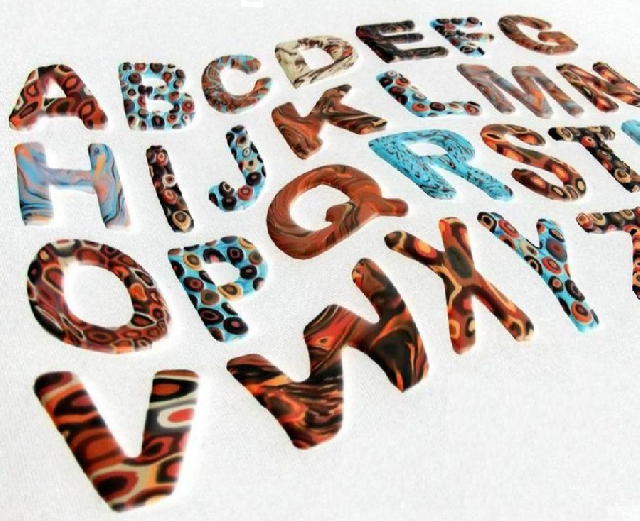Romanian without tears
Agreeing and disagreeing
are two language functions frequently used in spoken interaction, be it
personal or social, so we have come up with the basics of respectfully
agreeing or disagreeing with someone.

Radio România Internațional, 28.04.2019, 14:22
Agreeing and disagreeing
are two language functions frequently used in spoken interaction, be it
personal or social, so we have come up with the basics of respectfully
agreeing or disagreeing with someone.
Here is a bunch
of words and phrases:
A fi de acord =
agree with
A invata foarte
bine= work really hard
Cu tot
respectful= with all due respect
A nu fi de
accord=to disagree
A veni, a aaprea= show up, turn up
Sint total/intru
totul de acord cu tine= I couldn’t agree with you more
Directie
descendenta=downward trend
In pofida/in
ciuda=despite
Optimist=bracing
Now let us use
some of the words in meaningful, communicative patterns.
Nu sint de acord cu tine, pentru ca sora mea a
invatat foarte bine pentru examenul de stilistica.
I do not/I don’t
agree with you because my sister worked really hard for the Stylistics exam.
Cu tot respectul, nu sint de accord cu tine,
pentru ca mama mea a avut tot timpul din lume sa lucreze cu tine, dar tu, pur
si simplu, nu ai aparut.
With all due
respect, I disagree with you, because my mother had all the time in the world
to work with you, but you simply didn’t turn up.
Sint intru totul
de acord cu tine; economia romaneasca se situeaza o directie descendenta, in
pofida cifrelor optimiste publicate in ziare.
I couldn’t agree
with you more; the Romanian economy is on a downward trend, despite the bracing
economic growth figures in the papers.
That’s all we
had time for in today’s Romanian without tears. Thank you all for the interest
you take in Romanian culture, and for being so keen on learning Romanian with
us. Good Bye! La revedere!






























